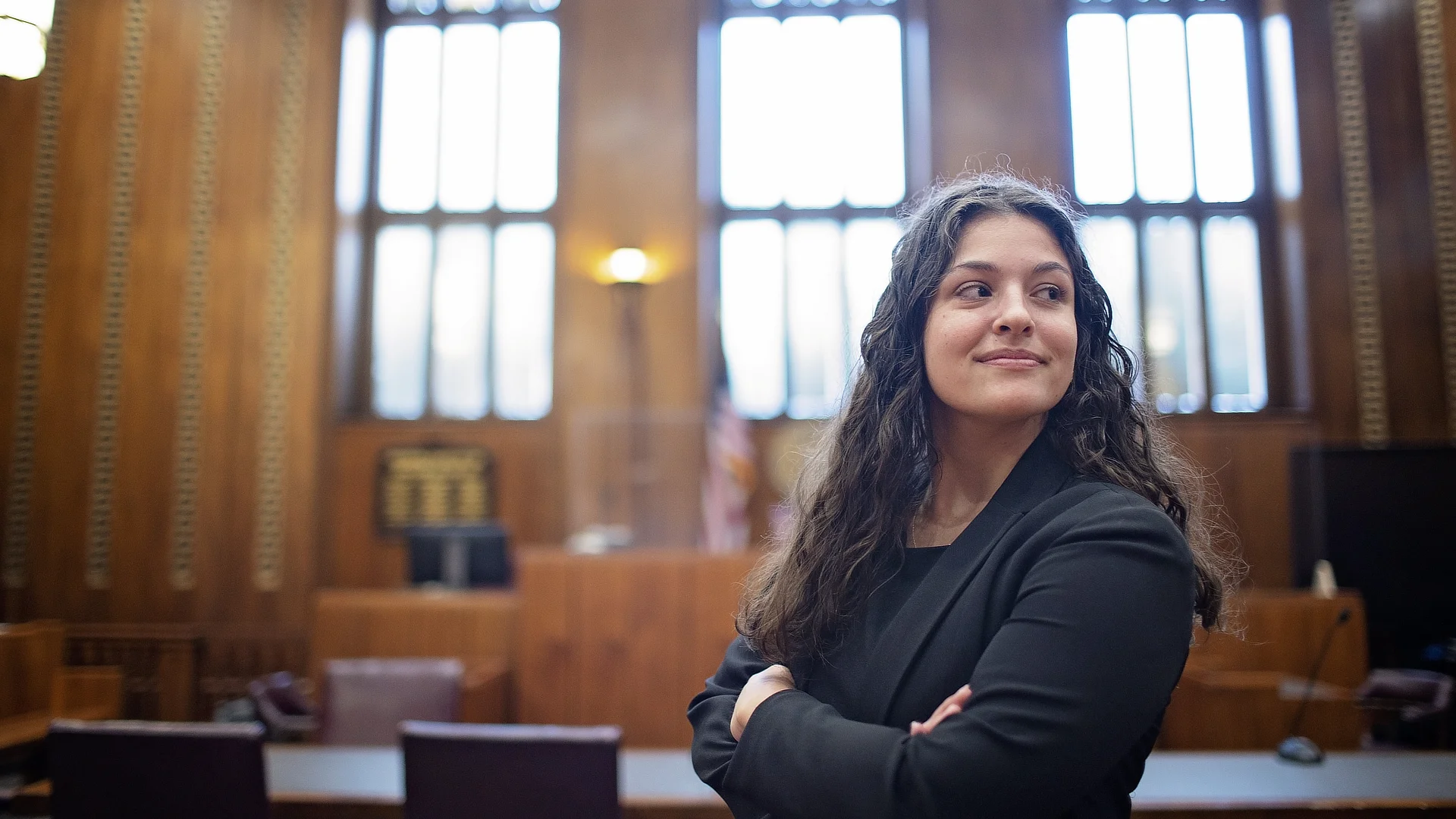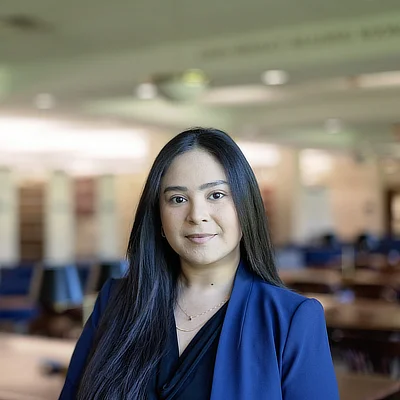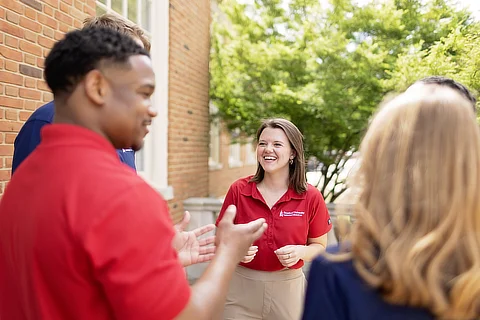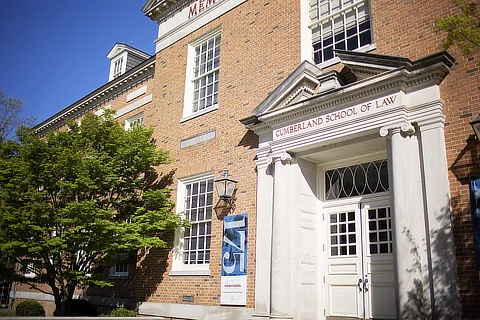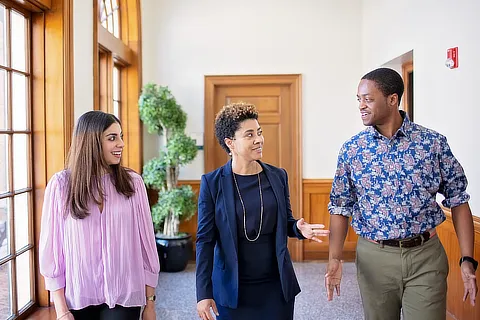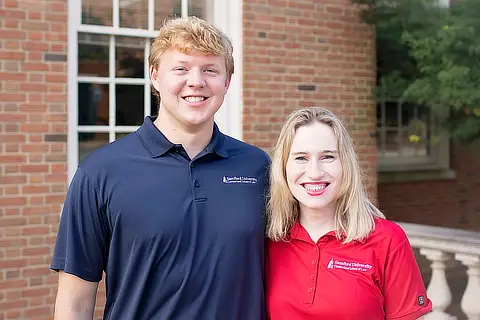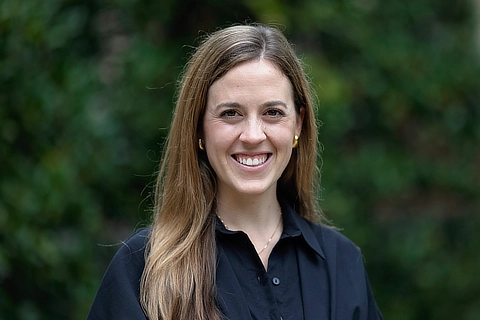Frequently Asked Questions
No, there are not prerequisite courses needed to apply to Cumberland School of Law’s Juris Doctor program. But all applicants must hold a bachelor’s degree from a college or university with institutional accreditation. We encourage potential applicants to choose an undergraduate major with courses that will strengthen their critical thinking, reading and writing skills.
No, there is no minimum Law School Admission Test (LSAT) score required to apply to Cumberland School of Law's JD program. You can view our median LSAT and GPA scores here.
No, legal-related internships or field experiences are not required to apply to Cumberland School of Law's JD program. However, these experiences can be valuable as one considers law school and can help the applicant once attending law school, even though they do not impact admission decisions.
No, Cumberland School of Law does not hold admission interviews for the JD program.
No, you do not have to apply to Samford University and Cumberland School of Law separately. Most ABA-accredited law schools use the Law School Admission Council (LSAC) to manage their application process, allowing students to submit all required materials in one centralized system.

